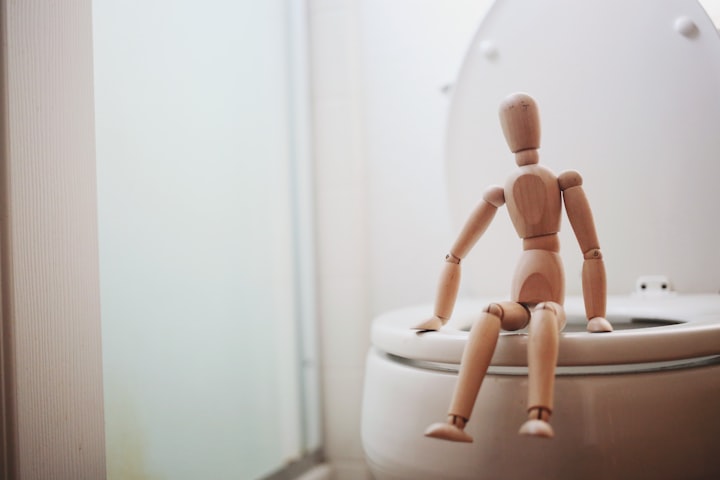Experiencing Difficulty with Urination and Increased Nocturia? Prostatitis Could Be the Culprit
Do you have difficulty with urination and increased nocturia?

Struggling with incomplete urination and frequent nighttime urination can be more than just a nuisance; it may be indicative of prostatitis. Diseases affecting the urethral area are relatively common, with symptoms like frequent urination, urinary urgency, and nocturia (nighttime polyuria) often being telltale signs. While occasional occurrences might not pose significant harm, consistent symptoms warrant active and timely medical intervention.
For many men, these urinary disturbances, particularly if persistent, could be linked to prostatitis. This condition, characterized by abnormalities in the prostate gland, can lead to bladder pathology and subsequent issues with urination.
The human body typically needs to expel 1-2 liters of urine daily for normal functioning. Any issues with the prostate gland, a crucial part of the male urinary system, can significantly disrupt this process and daily life. Thus, any urinary problem, especially difficulty in urination, should be taken seriously as it could indicate prostate inflammation.
Prostatitis is a prevalent condition among men under 50 and is a leading cause of urologic complaints in this demographic. Its causes are diverse and complex, with patients often experiencing urethral irritation or pain. Symptoms like frequent urination, urgency, nocturia, and difficulty in urination can significantly impact both health and quality of life.
Prostatitis commonly presents with five types of urinary irregularities:
1. Difficulty in Urination: This symptom involves challenges in releasing urine naturally, resulting in prolonged urination times or urine being expelled in drops. Patients may need to exert excessive force, leading to discomfort and pain.
2. Weak Urine Flow: A sign of chronic prostatitis, weak urine flow is characterized by slow and feeble urine discharge. This early symptom is often overlooked but is crucial in indicating chronic prostatitis.
3. Incomplete Urination: This symptom, where urine is not fully expelled from the bladder, is a frequent early indicator of prostatitis. It should not be ignored as it can signify a more serious underlying issue.
4. Urine Divergence: In this condition, urine splits into multiple streams or other abnormal patterns during urination, typically indicative of urinary obstruction caused by prostatitis.
5. Cloudy or Milky Urine: This involves the appearance of cloudy or milky white urine, a sign of a prostate issue that requires immediate medical attention. Patients noticing such changes in their urine should seek prompt examination and treatment.
If men experience these symptoms, seeking a urology consultation is vital. Prostate ultrasound and routine urinalysis are recommended to diagnose the condition and prevent complications like urinary retention.
Upon confirming prostatitis, treatment should be sought. Alongside antibiotics, herbal medicine like Diuretic and Anti-inflammatory Pill can be effective in eliminating urinary symptoms and achieving recovery.
Preventing prostatitis involves several lifestyle adjustments:
- Regular Sexual Activity: This can help prevent prostatitis, with stable sexual relationships and regular intercourse recommended.
- Enhanced Immunity: Avoiding harmful habits and maintaining a healthy state of mind can boost immunity and aid in prostatitis prevention.
- Moderate Exercise: Daily exercise, such as walking or swimming, is recommended to avoid prolonged sitting or standing.
- Balanced Diet: A nutritionally diverse and balanced diet, with a focus on lighter, less heavily seasoned foods, is beneficial.
It's important to note that not all cases of incomplete or frequent urination are due to prostatitis. Factors like urinary tract infections, pregnancy, sexual activity, stones, tumors, chronic diseases, trauma, and other conditions can also lead to these symptoms. Urinary tract infections, for instance, are not exclusive to men and are significantly more common in women.
Urinary tract infections can be divided into upper and lower infections, based on the infection site, and can be simple or complex. Treatment plans and symptoms can vary, so following medical advice is crucial for effective treatment.
About the Creator
Amanda Chou
Looking to restore your life troubled by prostatitis, epididymitis, seminal vesiculitis and other male reproductive system diseases? Here are the resource to help you in this endeavor.






Comments
There are no comments for this story
Be the first to respond and start the conversation.